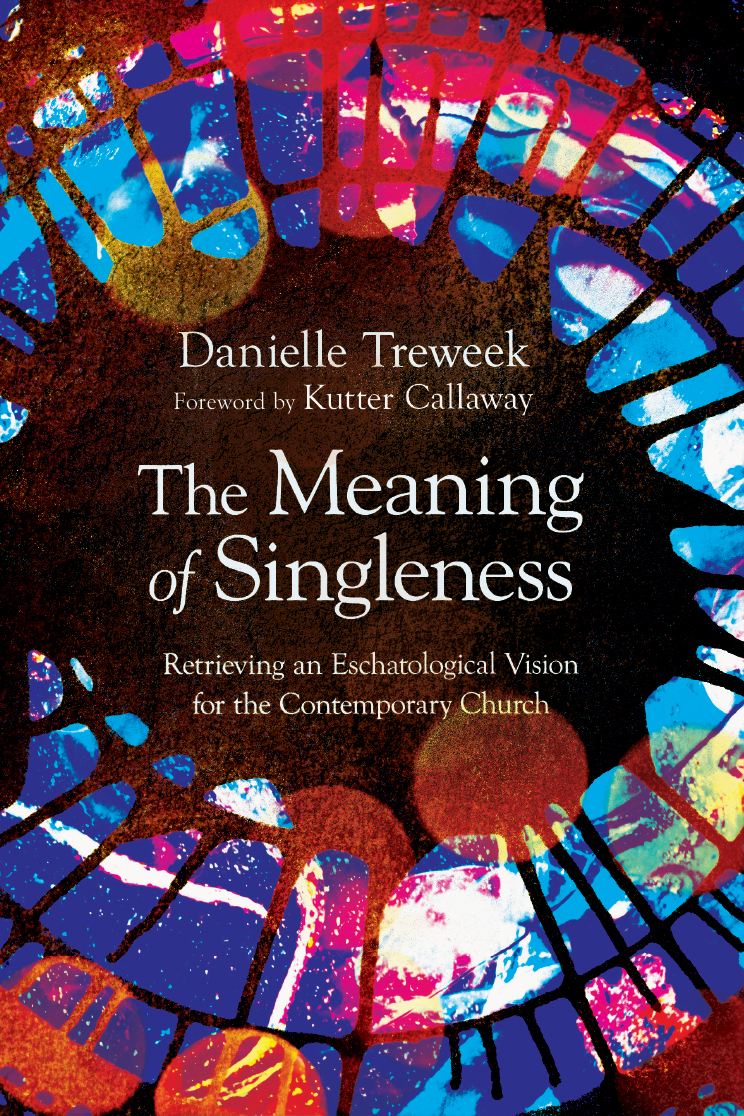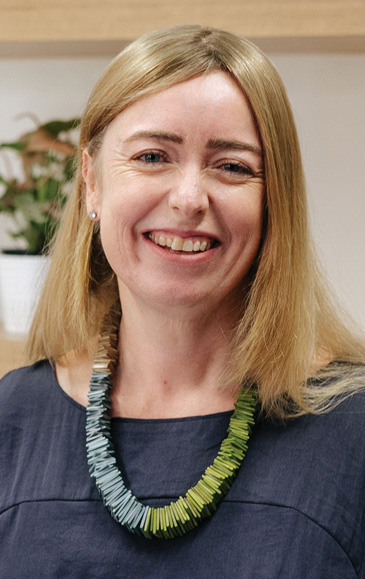A Conversation on Christian Singleness with Danielle Treweek
What does church history—and the Bible—have to say about the meaning of singleness? In this interview, Danielle Treweek (author of The Meaning of Singleness) talks about the misconceptions our society and the church perpetuates about single people and offers an eschatological vision of singleness that is both hopeful and profound.
Your book The Meaning of Singleness begins by examining the place of singleness in both society at large and the church in particular. What do you think is the most common misconception about singleness?
Danielle Treweek: Sadly, singleness really is the subject of a lot of misconceptions in both of those spheres. But what I find particularly concerning and disappointing is just how many of society's misconceptions about singleness are echoed in the contemporary evangelical church.
On that topic, there is a lot to explore (four chapters worth, in fact!), but if I were to boil it down to the most common misconception, I think it would be that both society and the church see singleness as a state of "lacking." Lacking in love. Lacking in sexual fulfilment. Lacking in relational intimacy. Lacking in purpose. Lacking in possibility. Lacking in belonging. Lacking in authentic self-realization. Both spheres typically define and characterize singleness by what it isn't, rather than by what it is. Or, to put it another way, singleness is primarily thought to be the absence of good, rather than a good in and of itself.
In the book, you offer a robust retrieval of singleness—exegetical, historical, and theological. What did you discover that was the most surprising or encouraging during that process?
Treweek: When I started my exercise of retrieval, I already had a broad understanding of the general landscape of singleness throughout church history. However, I soon found myself surrounded by a diverse cloud of witnesses who challenged me with insights about singleness in the Christian life and community that I had simply not ever encountered before. That was enormously encouraging, exciting, and energizing! But, if I'm being honest, there were times when I also found myself a bit saddened and bewildered by it, too. Why was all of this new to me? How had I not encountered so many of these profound insights before? What could possibly explain or justify the contemporary evangelical church having forgotten our own amazingly rich theological, exegetical, and pastoral inheritance in this regard? It was really a double-edged surprise.
You also cast an eschatological vision of singleness. What do you mean by that, and why is that good news for the church?
Treweek: As evangelical Christians, we are generally eager to emphasize the eschatological significance of earthly marriage—namely as the "mysterious" foreshadowing of the heavenly marriage between Christ and the church (Eph. 5:32). And that's a good thing! But it turns out that our own Christian ancestors were just as eager (if not more so) to emphasize the eschatological significance of earthly singleness. Rather than seeing it as a life of lacking, they understood it to be a life of profound eschatological possibility. You'll need to read the book to find out all the different ways they perceived that to be true! But in summary, those who came before us honored singleness as a life situation that intrinsically called God's people to remember we live in this creation as those who are already citizens of the next.
How has your experience as a single person informed your ministry?
Treweek: While my own singleness has obviously been important for the trajectory and shape of my work, I think it has actually been other single Christians who have most deeply informed my ministry in this regard. Walking in tandem with them; rejoicing when they rejoice; grieving as they have grieved; praying with and for them; empathizing in our shared disappointments; working through feelings of isolation; serving alongside them; exhorting them to keep trusting Jesus, and having them do the same for me. Ultimately, it's been their singleness that has most significantly informed my ministry.
What is your hope for those who pick up and read your book?
Treweek: One of my hopes is that those who read The Meaning of Singleness might be better equipped to love, respect, and value the single members of their church communities. And, of course, I hope it will encourage unmarried Christians (whether they be never-married, divorced, or widowed) to delight more and more in the intrinsic goodness of their singleness. But I also pray that those who read this book might better understand the vitally important and God-glorifying role singles have to play in the church's understanding of her own unique identity. I hope my book might help us all to better realize it's not simply that single Christians need the church, but the church who really and truly needs single Christians.
This interview originally appeared in the IVP Academic catalog. Sign up to receive the catalog to be the first to discover new academic books and author interviews.





